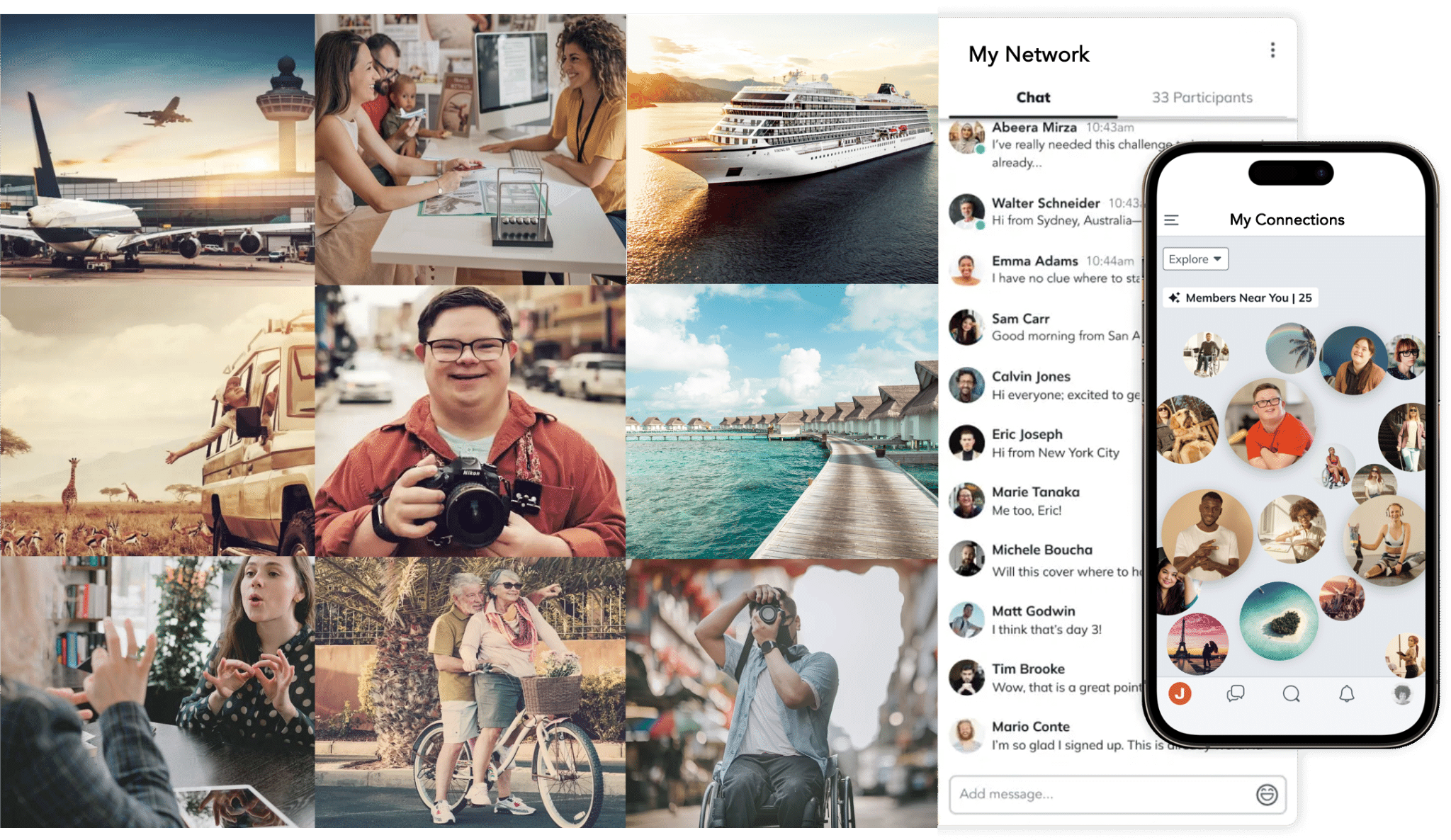Hospitality’s New Era: Welcoming Deaf Travelers

The Imperative of Inclusive Service
The hospitality industry, particularly hotels, plays a crucial role in offering accessible services to all guests, including those who are deaf or hard-of-hearing. By integrating technologies like Video Remote Interpreting (VRI) and on-site sign language interpreters, hotels can ensure effective communication and an inclusive environment for Deaf guests.
Enhancing Guest Experiences
Creating a memorable stay for every guest is essential. For Deaf and hard-of-hearing guests, accessible communication tools at key touchpoints, such as the front desk or during room service, are vital. Providing these services not only enhances their experience but also promotes loyalty and positive referrals, crucial in today’s competitive hospitality sector.
A Commitment to Equality and Accessibility
Featuring accessible communication platforms in hotels symbolizes a commitment to social responsibility and equal treatment. This proactive approach can significantly elevate a hotel’s reputation and attract a wider audience who value inclusivity.
Benefits for Hotel Owners
Improved Guest Interaction: Utilizing two-way video call features for front desk interactions and three-way video calls for in-hotel services like room service ensures that Deaf guests’ needs are understood and met, enhancing their overall experience.
Regulatory Compliance: Adhering to accessibility standards, such as those outlined in the Americans with Disabilities Act (ADA), demonstrates a hotel’s dedication to inclusivity.
Reputation Enhancement: Aligning with the values of accessibility and inclusivity can bolster a hotel’s brand, appealing to guests who prioritize these values in their travel choices.
Leveraging Technology for Better Communication
Assistive listening devices, captioning services, and video relay services are examples of technologies that can be leveraged to improve communication for Deaf and hard-of-hearing individuals. Remote video interpreting platforms, offering real-time captioning and sign language interpretation, facilitate seamless interactions, ensuring all guests have access to necessary information and services.
Smartphone Apps for Enhanced Accessibility
Smartphone applications, including sign language dictionaries and speech-to-text transcription services, also play a crucial role. These tools provide independence and improved access to information, enhancing the travel experience for Deaf individuals.
The integration of accessible technologies and services in the hospitality industry marks a significant step towards inclusivity, ensuring that Deaf and hard-of-hearing guests receive the same quality of service as other guests. By adopting technologies like Sorenson’s interpreting services, businesses, especially in the hospitality sector, can create a more accessible and inclusive environment, ensuring every guest’s needs are met. In today’s dynamic environment, creating an accessible and welcoming space for all guests is key to building a reputable and successful hospitality brand.







